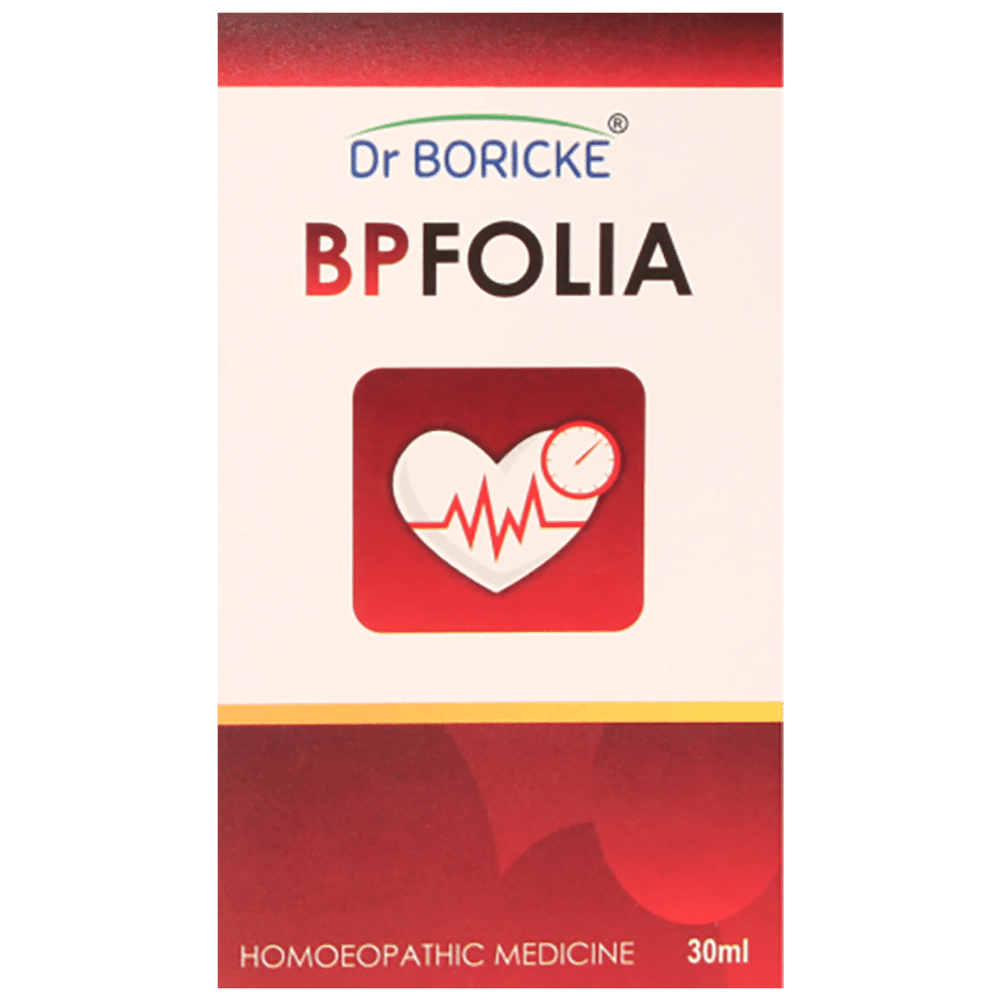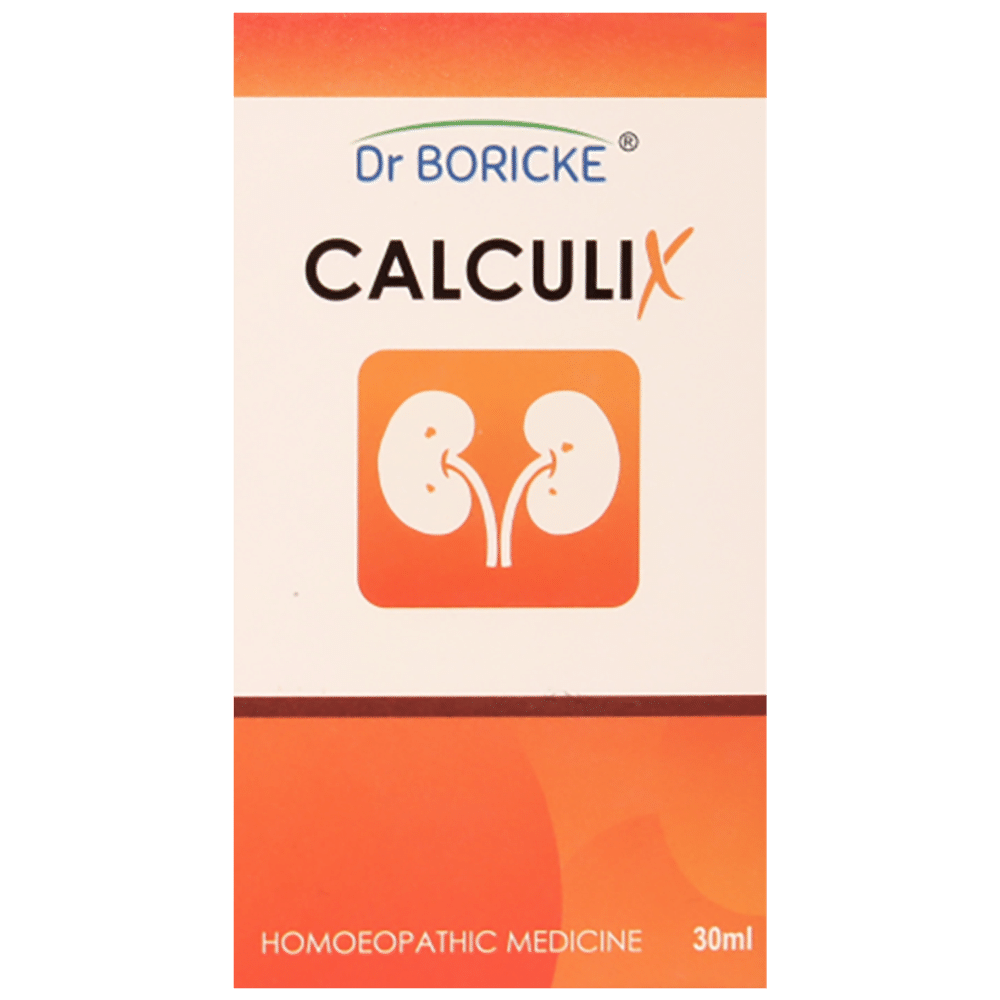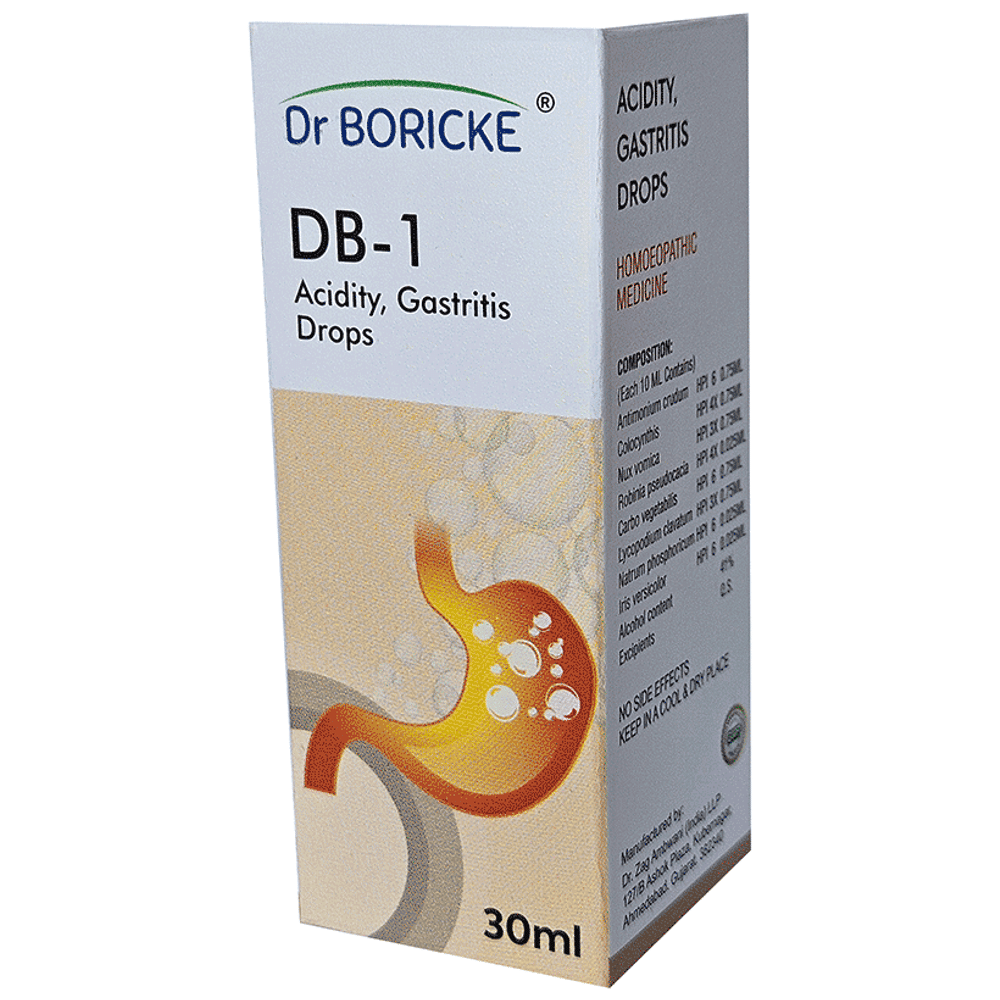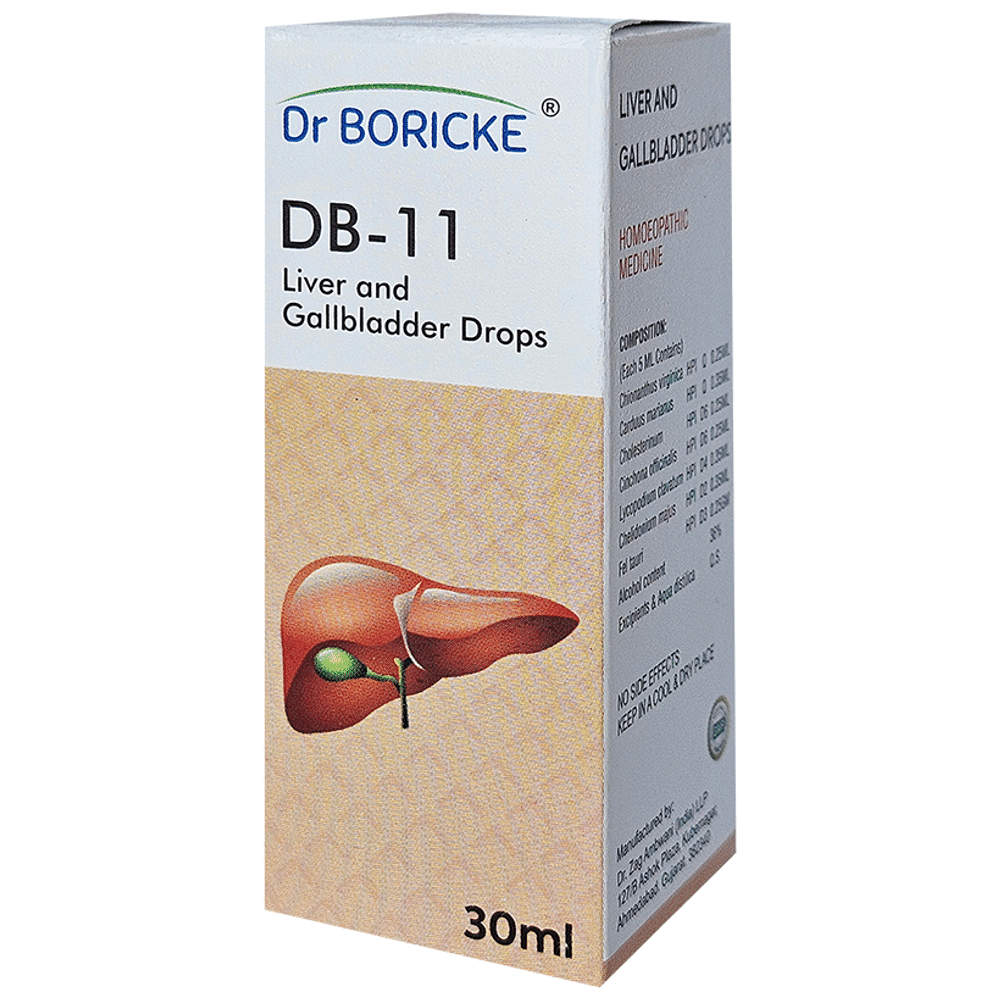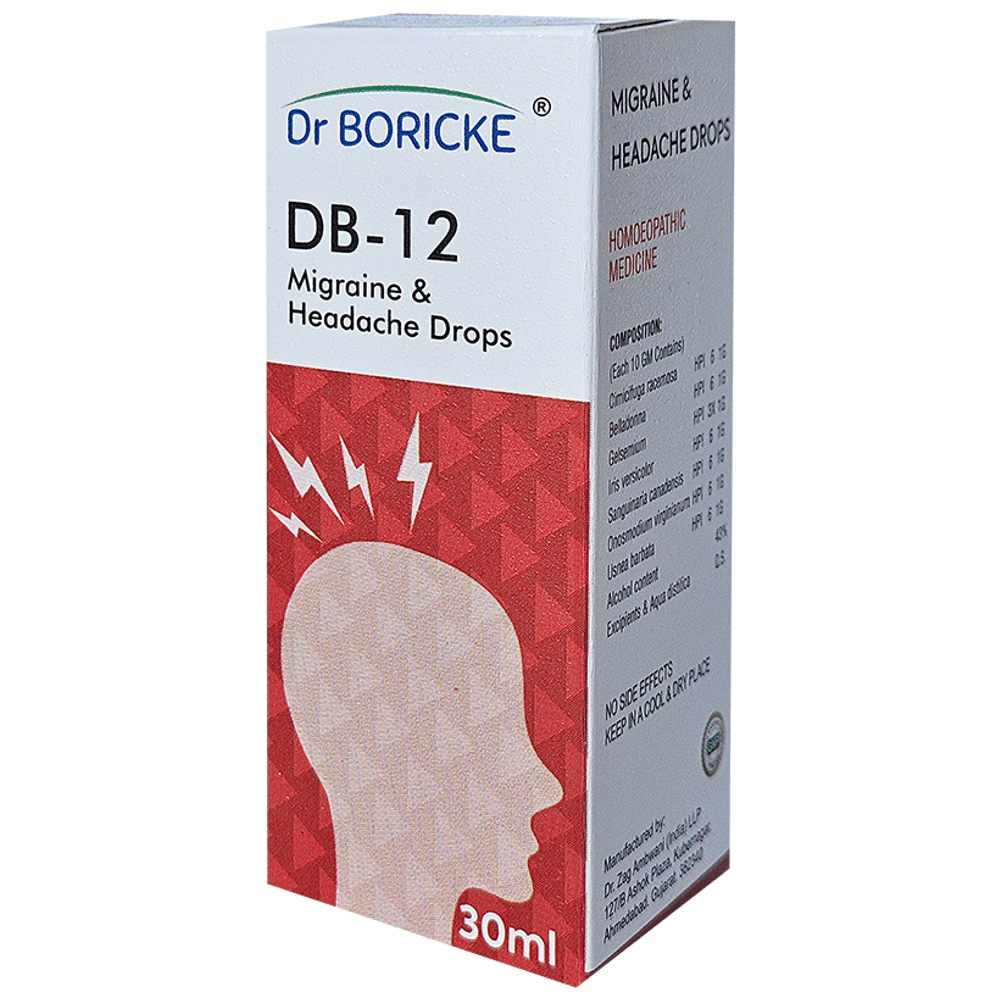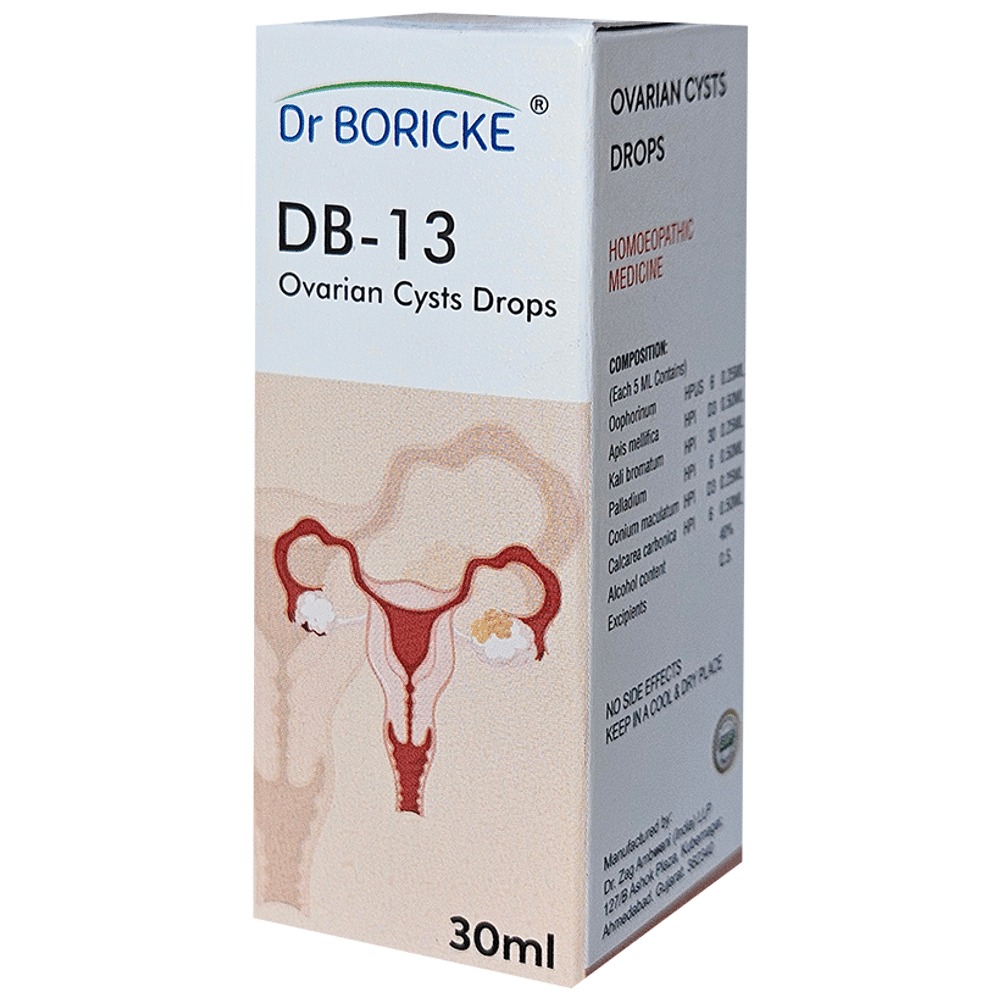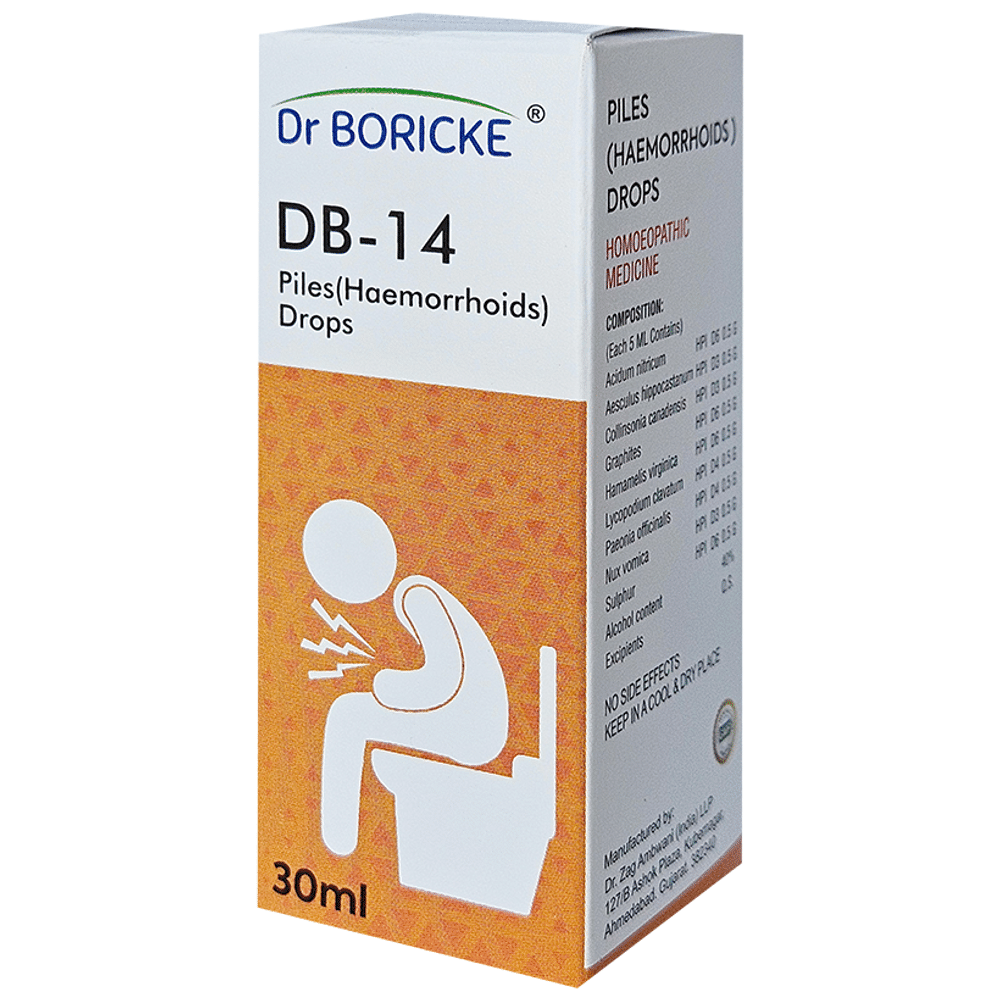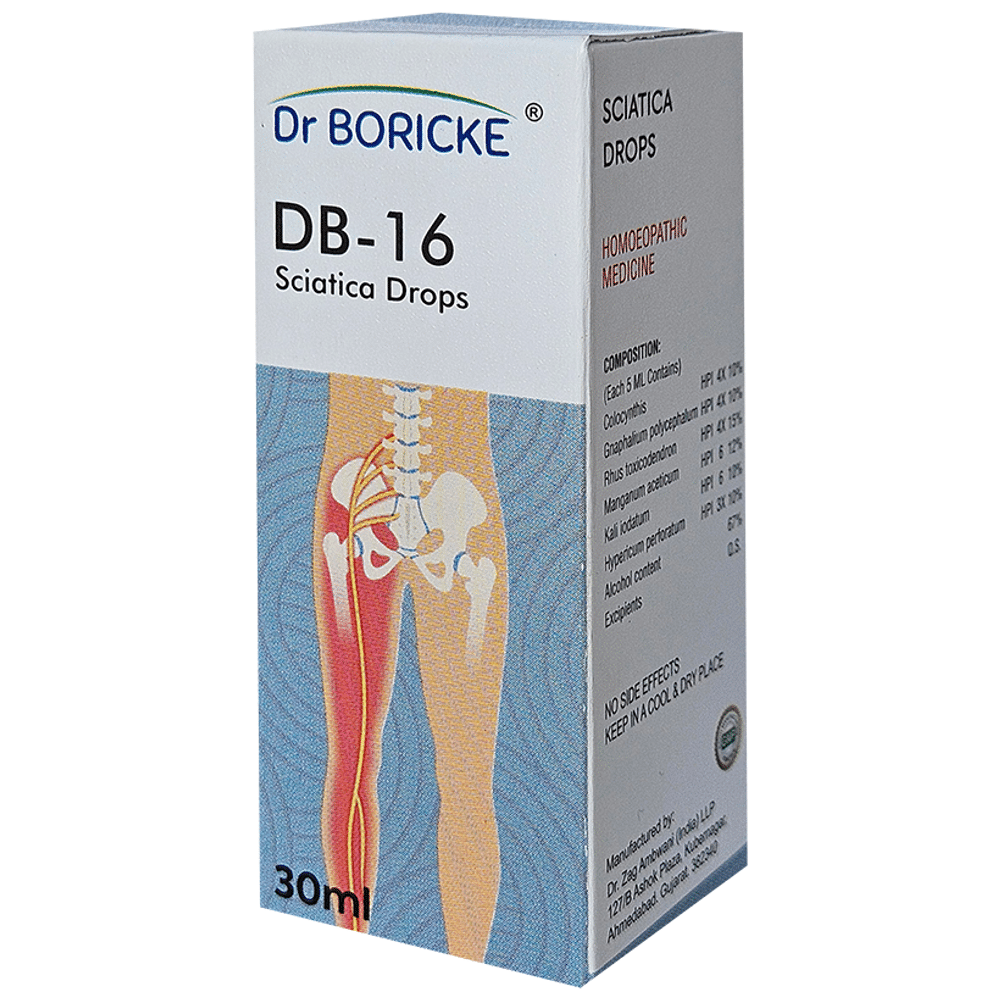
What is acid indigestion?
Indigestion is medically referred to as dyspepsia. You may also refer to indigestion as an indigestion when you have consistent or persistent discomfort or discomfort in your upper abdominal area. Some individuals might likewise refer to indigestion as heartburn, although these are not the exact same. You can find out more about heartburn right here.
Dyspepsia is not an illness, however rather it might be a symptom of an underlying gastrointestinal condition, like gastroesophageal reflux or peptic ulcer condition.
However, acid indigestion that has no evident underlying digestion cause is likewise typical and also may be protected against or alleviated with way of living adjustments or antacid medicines. Here is a homeopathic medicine for indigestion
Just how do you recognize you have acid indigestion?
Indigestion is an extremely usual experience; nevertheless, people may really feel different discomfort, like:
- Pain or a burning experience in your upper abdomen or upper body listed below your breastbone
- Bloating and sensation full before you complete your meal or sensation annoyingly complete after a dish
- - Passing gas or belching (burping).
- - Queasiness and/or throwing up.
- - Acidic taste in your mouth.
- - Gurgling or growling stomach.
In some cases, you might confuse these pains, particularly the abdominal or chest discomfort, with heartburn. You can check out the signs and symptoms of heartburn below, as they are various from indigestion.
When to see your medical professional:.
Mild acid indigestion is common and is usually absolutely nothing to bother with. Nonetheless, it is suggested that you see your doctor or doctor if you experience any one of the above for longer than two weeks. Likewise, look for medical attention right away if you experience any one of the following:.
- Shortness of breath, with sweating and/or an unexpected discomfort in your chest that may emit to your arm, neck or jaw-- these signs may show you are experiencing a cardiovascular disease.
- - Substantial and unintentional weight-loss or loss of appetite.
- - Continuous or extreme throwing up or throwing up of blood.
- - Black or bloody feceses.
- - Trouble swallowing that is intensifying.
- - Signs of anaemia, like pallor, weakness and exhaustion.
Recognizing Acid Indigestion (Dyspepsia).
- - What is acid indigestion?
- - Symptoms of indigestion.
- - Causes of acid indigestion.
- - Coping with acid indigestion.
- - Readily available treatments for indigestion.
What is acid indigestion?
Acid indigestion is clinically called dyspepsia. You may likewise describe indigestion as an upset stomach when you have relentless or recurrent discomfort or discomfort in your upper abdominal area. Some individuals may likewise refer to acid indigestion as heartburn, although these are not the exact same. You can find out more regarding heartburn right here.
Dyspepsia is not a disease, however rather it may be a signs and symptom of an underlying gastrointestinal problem, like gastroesophageal reflux or peptic ulcer condition.
Nonetheless, indigestion that has no noticeable underlying digestive reason is likewise typical and might be avoided or relieved with lifestyle adjustments or antacid drugs.
Exactly how do you understand you have indigestion?
Indigestion is an extremely usual experience; nevertheless, individuals may feel different pain, like:.
- - Pain or a burning sensation in your top abdomen or breast listed below your breastbone.
- - Bloating and also sensation complete prior to you complete your meal or feeling annoyingly complete after a meal.
- - Death gas or belching (burping).
- - Nausea and/or vomiting.
- - Acidic taste in your mouth.
- - Gurgling or growling stomach.
In some cases, you might perplex these discomforts, specifically the stomach or chest pain, with heartburn. You can view the signs and symptoms of heartburn below, as they are various from acid indigestion.
When to see your doctor:.
Moderate acid indigestion is common as well as is normally nothing to worry about. Nonetheless, it is recommended that you see your physician or doctor if you experience any of the above for longer than two weeks. Also, look for medical attention promptly if you experience any of the following:.
- Shortness of breath, with sweating and/or a sudden discomfort in your breast that may radiate to your arm, neck or jaw-- these symptoms might show you are experiencing a cardiac arrest.
- - Considerable as well as unintentional weight loss or loss of appetite.
- - Recurring or excessive throwing up or vomiting of blood.
- - Black or bloody stools.
- - Trouble swallowing that is worsening.
- - Signs of anaemia, like pallor, weak point and fatigue.
What causes indigestion?
Your medical professional might not be able to recognize the source of your acid indigestion. Acid indigestion without any evident reason is called practical or non-ulcer acid indigestion.
Acid indigestion set off by common way of living aspects prevails. Such aspects can consist of:.
- Overeating, particularly certain foods that are hard to process, like zesty foods, foods high in fat or oily foods, very acidic foods as well as foods high in insoluble fiber.
- - Consuming also rapidly.
- - Consuming excessive high levels of caffeine.
- - Consuming alcohol.
- - Consuming fizzy, carbonated beverages.
- - Smoking.
- - Stress and anxiety or being under high amounts of anxiety.
- - Not getting sufficient sleep.
Nevertheless, gastrointestinal troubles can also create acid indigestion. These can include:.
- - Gastritis (swelling of the tummy), specifically caused by H. pylori infection.
- - Acid reflux/gastroesophageal reflux.
- - Peptic ulcer illness (PUD).
- - Coeliac disease.
- - Gallstones.
- - Irritable bowel syndrome (IBS).
- - Gastroparesis (when the muscles in your gastrointestinal tract do not function appropriately to move food via the system).
- - Inflammation of the pancreatic (pancreatitis).
- - Belly cancer.
- - A digestive tract blockage.
- - Minimized blood flow in the intestinal tract (digestive tract ischemia), normally brought on by atherosclerosis in the arteries providing the intestinal tract.
Living as well as managing.
It is a great idea that you prevent the triggers in your way of living that may be triggering you to endure indigestion.
You need to most likely adhere to the adhering to lifestyle pointers:.
- - Eating a healthy diet plan: Try to eat a healthy and balanced, well-balanced diet plan that is reduced in fat.
- You may also want to try consuming smaller meals and taking much more your time over meals, consuming extra gradually.
- Depending on what food activates you have, you may want to try prevent eating great deals of very acidic foods like citrus fruits or tomatoes.
- You can learn more regarding healthy and balanced consuming behaviors as well as obtain healthy and balanced and tasty easy-to-prepare dish concepts from Cooking from the Heart.
- - Quit cigarette smoking: Talk to your medical professional about means to give up cigarette smoking.
- - Decreasing or preventing alcohol usage or how much coffee or other caffeinated drinks you drink.
- - Discover means to handle your stress and anxiety degrees and also see to it to obtain enough sleep.

